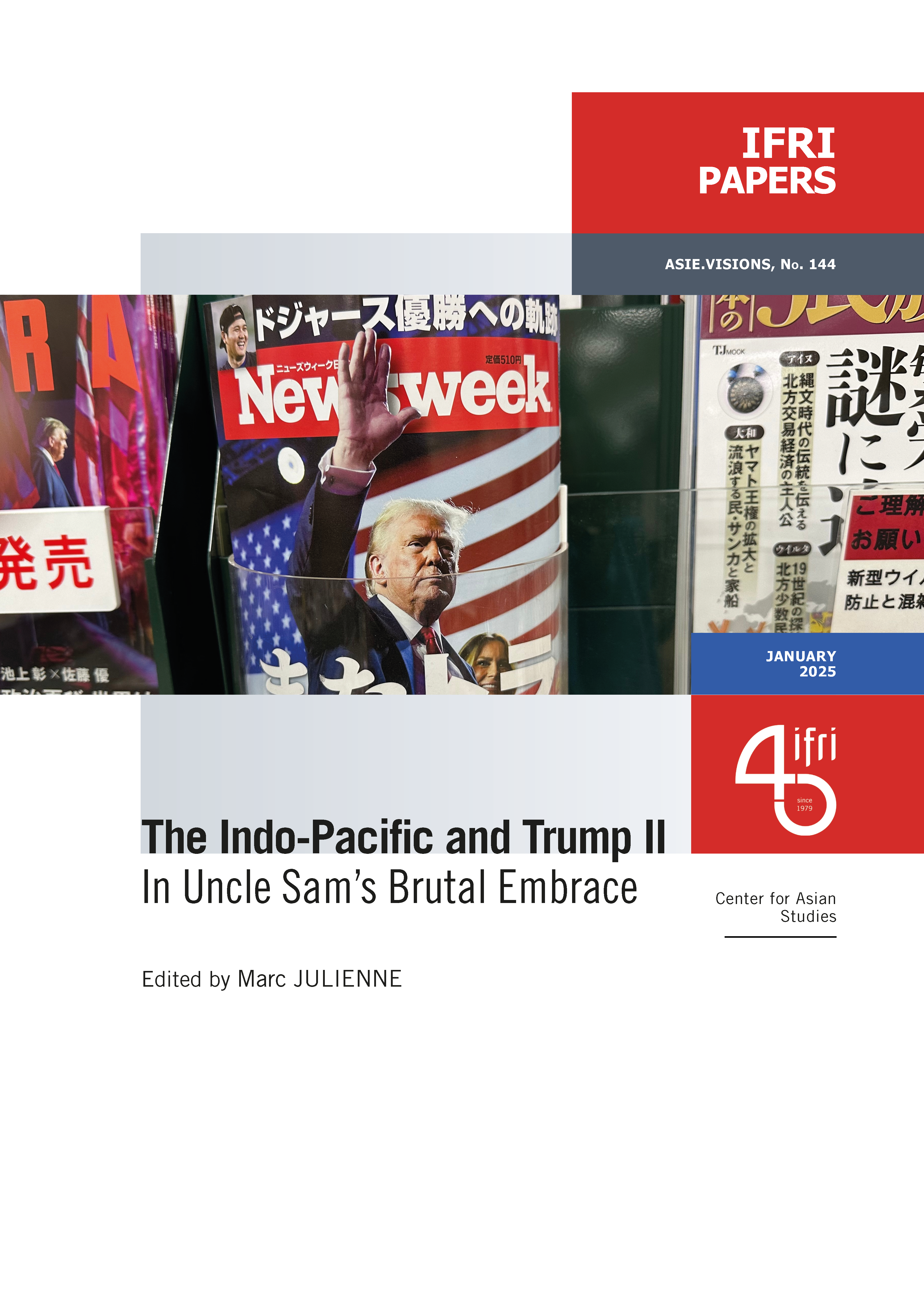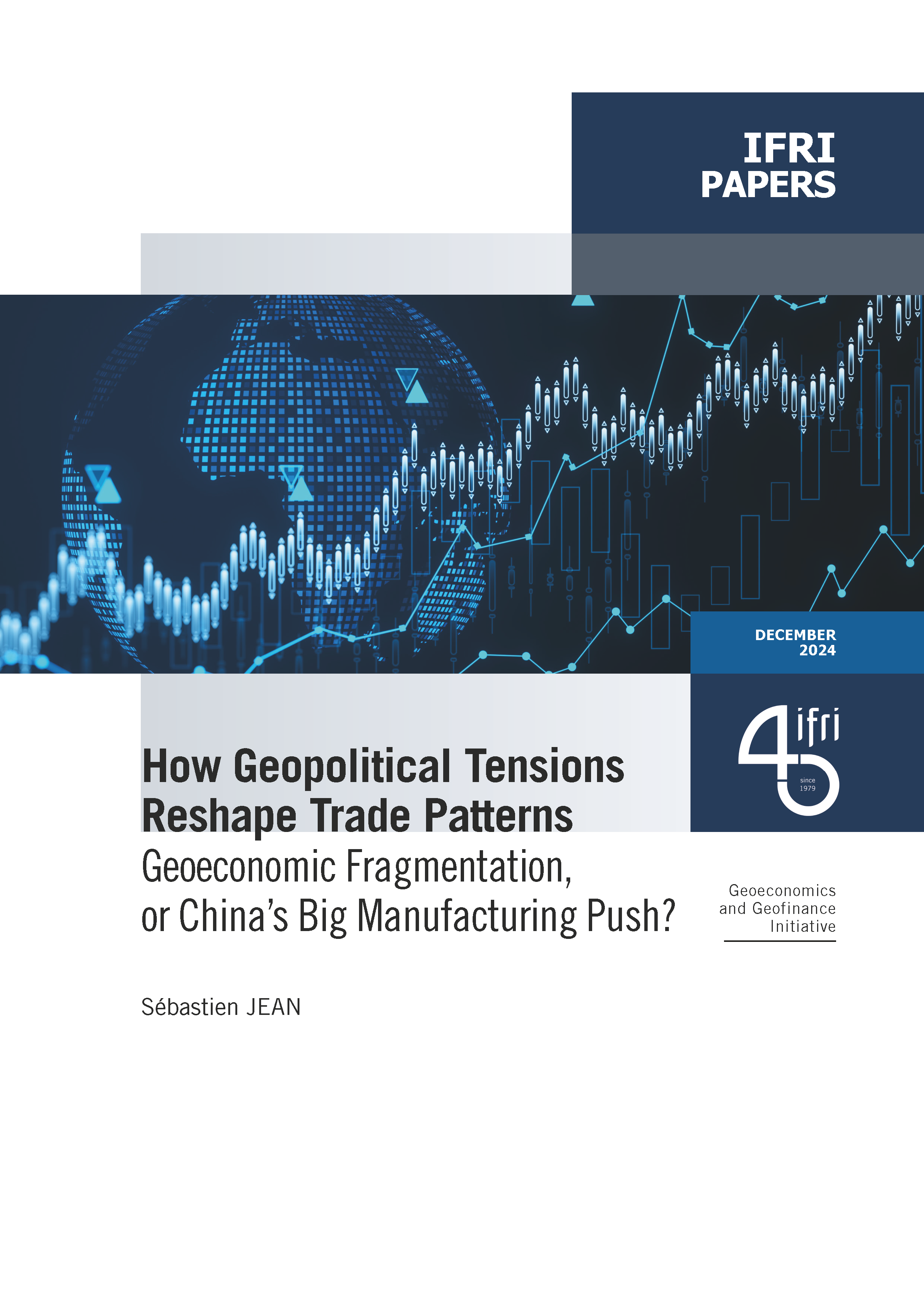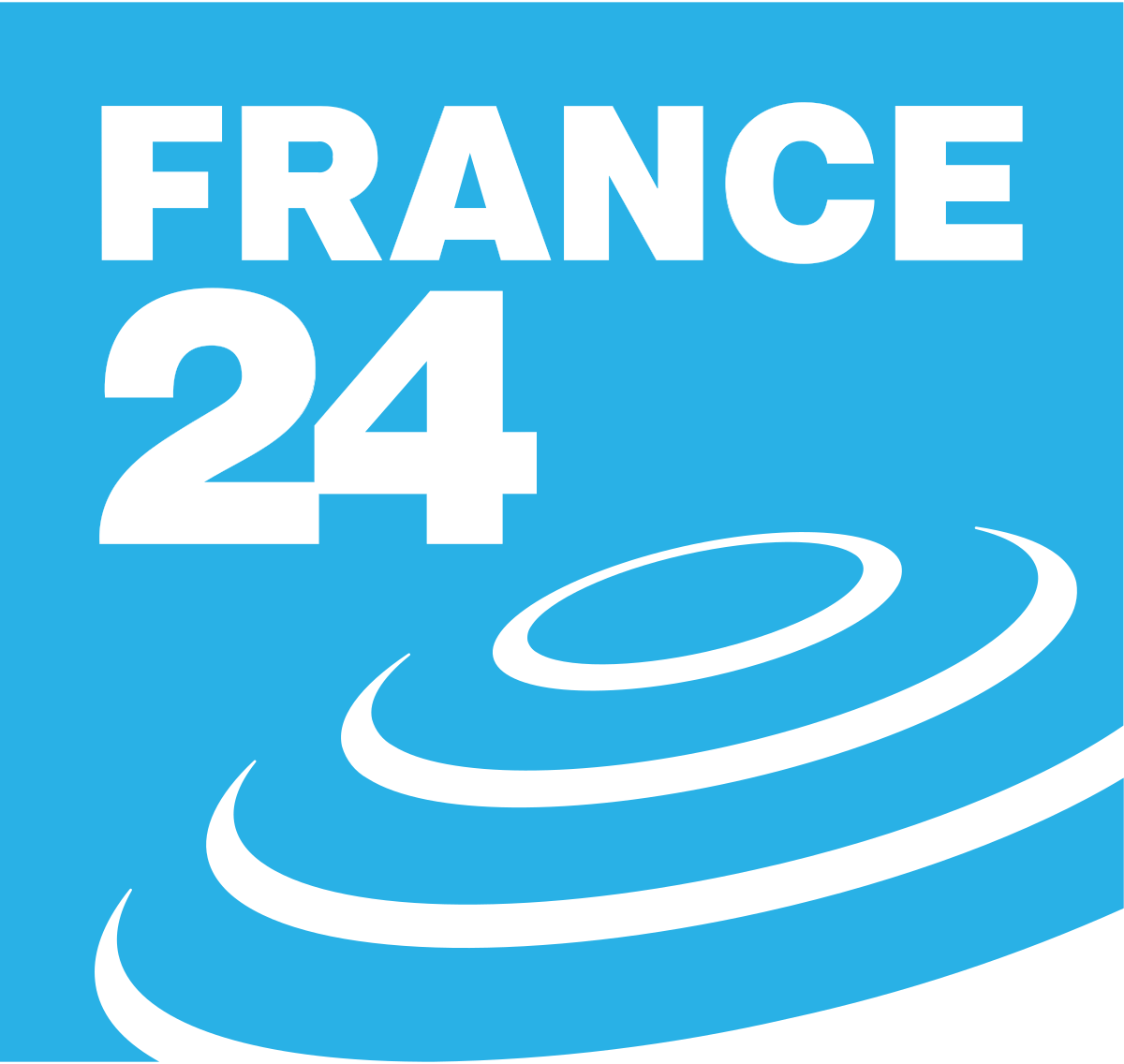Saudi Arabia, Turkey Seek to Mend Ties as Crown Prince Visits Ankara
The leaders of Saudi Arabia and Turkey are turning the page on years of strained relations, exacerbated by the 2018 assassination of Saudi journalist Jamal Khashoggi at the kingdom's consulate in Istanbul. Face-to-face dialogue is the order of the day between Crown Prince Mohammed bin Salman and President Recep Tayyip Erdogan.
Marc-Antoine Eyl-Mazzega on Global Energy, Valdai Discussion Club
Marc-Antoine Eyl-Mazzega, director of Ifri’s Centre for Energy, discusses various issues related to the energy market, from the strategic move of Russia towards Saudi Arabia and the role of the United States to the recent prices collapses and gas crises.


Russia–Saudi Arabia. King Salman's Visit to Moscow: New Axis or Window Dressing?
King Salman received at the Kremlin with his 1,000-strong delegation, including 100 businessmen. King Salman bin Abdulaziz Al Saud's official visit to Moscow is the first visit to Russia for a Saudi head of state. Can this visit be seen as the signal of a shift in the region or is it just window dressing?
Out of Thin Air but More than a Mirage: The Politics of Saudi Arabia's Nascent Music Industry
This study critically examines Saudi Arabia’s nascent music industry, which is promoted as a key element of Vision 2030, Crown Prince Mohammed bin Salman’s strategic framework to diversify the kingdom’s economy. It explores how state-led investments in music and entertainment intersect with authoritarian governance. The author neither dismisses these investments as conspicuous spending nor reproduces an alarmist narrative of impending cultural imperialism. The article takes a political sociology approach to understand how Saudi entertainment plans consolidate domestic power and reshape regional cultural landscapes.
The Geopolitics of Seawater Desalination
A rapidly-expanding market

War in Ukraine: A New World?
Beyond the tactical sphere, the conflict in Ukraine has already had numerous repercussions, and its conclusion will provoke many more in the global system. In this special issue, Politique étrangère explores some potential outcomes.
After a Divorce, a Frosty Entente: Turkey's Rapprochement with the United Arab Emirates and Saudi Arabia
After the Arab uprisings, Turkey’s relations with Saudi Arabia and the United Arab Emirates (UAE) broke down along sharp ideological lines. While Riyadh and Abu Dhabi sought to preserve the regional status quo by adopting a counter-revolutionary approach, Turkey emerged as an anti status quo, pro-revolutionary power supporting political islam.
The Gulf: New Center of the Middle East?
Amid the shift in major powers, the Persian Gulf is asserting its position at the heart of the Middle East.
Saudi Arabia’s Policy in Africa : Vectors and Objectives
Until recently, Saudi Arabia was the country out of the Gulf countries that had the greatest number of diplomatic missions in Africa (27[1]).
The Yemeni War: Year Five
The war in Yemen has entered its fifth year, and the situation is more complex than ever.
Out of Thin Air but More than a Mirage: The Politics of Saudi Arabia's Nascent Music Industry
This study critically examines Saudi Arabia’s nascent music industry, which is promoted as a key element of Vision 2030, Crown Prince Mohammed bin Salman’s strategic framework to diversify the kingdom’s economy. It explores how state-led investments in music and entertainment intersect with authoritarian governance. The author neither dismisses these investments as conspicuous spending nor reproduces an alarmist narrative of impending cultural imperialism. The article takes a political sociology approach to understand how Saudi entertainment plans consolidate domestic power and reshape regional cultural landscapes.
After a Divorce, a Frosty Entente: Turkey's Rapprochement with the United Arab Emirates and Saudi Arabia
After the Arab uprisings, Turkey’s relations with Saudi Arabia and the United Arab Emirates (UAE) broke down along sharp ideological lines. While Riyadh and Abu Dhabi sought to preserve the regional status quo by adopting a counter-revolutionary approach, Turkey emerged as an anti status quo, pro-revolutionary power supporting political islam.
Saudi Arabia’s Policy in Africa : Vectors and Objectives
Until recently, Saudi Arabia was the country out of the Gulf countries that had the greatest number of diplomatic missions in Africa (27[1]).
A Year after the Start of the Saudi-Emirati Blockade against Qatar. What Are the Consequences for West Africa?
On June 5th 2017, Saudi Arabia, the United Arab Emirates, Egypt and Bahrain broke off diplomatic relations with Qatar and agreed to isolate the Emirate via an air and land blockade.
The Saudi Electricity Sector: Pressing Issues and Challenges
With 266 billion barrels of proved oil reserves (16% of world total), Saudi Arabia holds the world's largest (conventional) crude oil reserves, was the largest exporter of total petroleum liquids in 2013, and the second largest petroleum liquids producer behind the United States[1].
The Gulf Countries' Energy Strategies: What's on the Menu for the Power Sector?
The futuristic green city of Masdar in the United Arab Emirates or the latest announcements of Saudi Arabia which might now well become the new Eldorado for solar energy companies have a clear marketing varnish. But if they are showcases of green ambitions, they nonetheless reflect the situation the Gulf States face today driven by the development of heavy industry and petrochemicals but first and foremost by the rapid population growth (around 2% for Saudi Arabia and 3% for Kuwait; Qatar and the Emirates have higher population growth rate due to immigrants).
Saudi Arabia, Turkey Seek to Mend Ties as Crown Prince Visits Ankara
The leaders of Saudi Arabia and Turkey are turning the page on years of strained relations, exacerbated by the 2018 assassination of Saudi journalist Jamal Khashoggi at the kingdom's consulate in Istanbul. Face-to-face dialogue is the order of the day between Crown Prince Mohammed bin Salman and President Recep Tayyip Erdogan.
Marc-Antoine Eyl-Mazzega on Global Energy, Valdai Discussion Club
Marc-Antoine Eyl-Mazzega, director of Ifri’s Centre for Energy, discusses various issues related to the energy market, from the strategic move of Russia towards Saudi Arabia and the role of the United States to the recent prices collapses and gas crises.
Support independent French research
Ifri, a foundation recognized as being of public utility, relies largely on private donors – companies and individuals – to guarantee its sustainability and intellectual independence. Through their funding, donors help maintain the Institute's position among the world's leading think tanks. By benefiting from an internationally recognized network and expertise, donors refine their understanding of geopolitical risk and its consequences on global politics and the economy. In 2024, Ifri will support more than 70 French and foreign companies and organizations.















